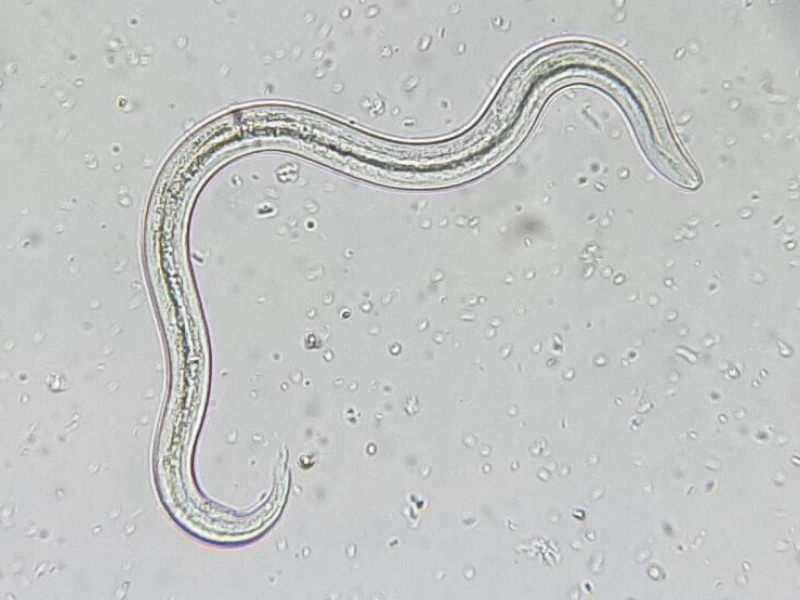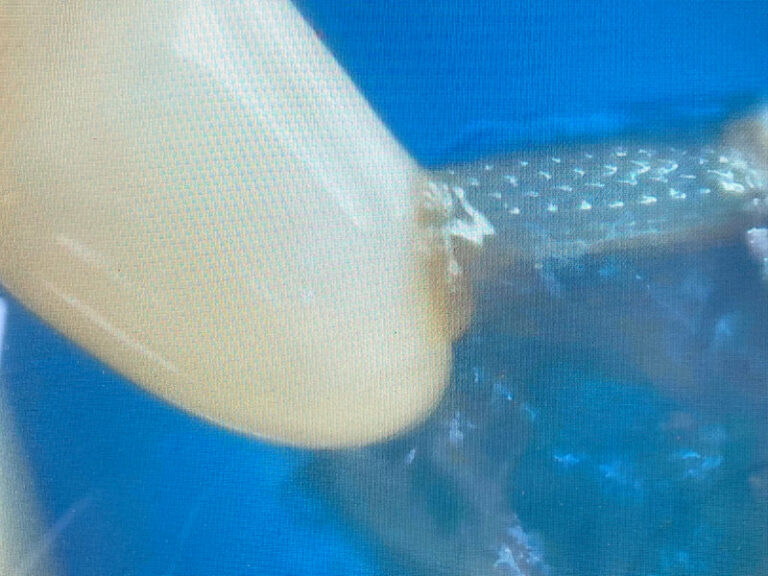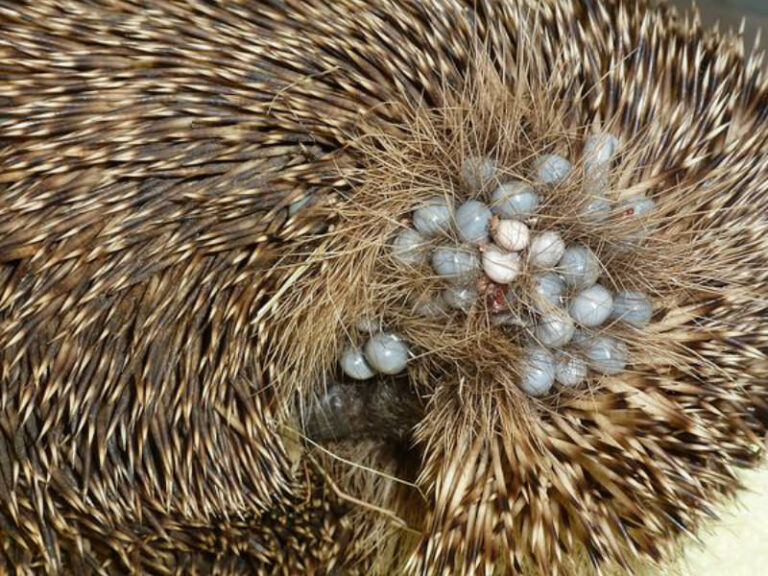
Flystrike
In the whimsical world of hedgehogs, where adorable snuffles and tiny pawprints often steal the show, there exists a silent menace known as flystrike. While these spiky companions charm their way into our hearts with their endearing antics, flystrike poses a serious risk to their health and well-being. Let’s delve into the intricacies of this condition, its impact on hedgehogs, and crucial preventative measures every hedgehog watcher should know




